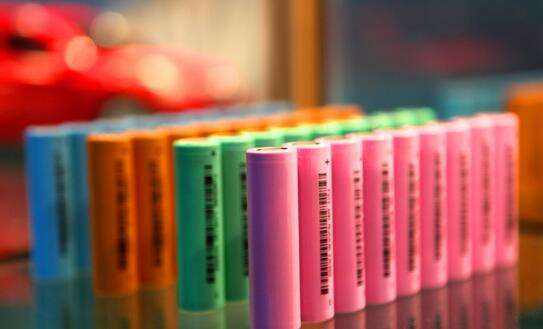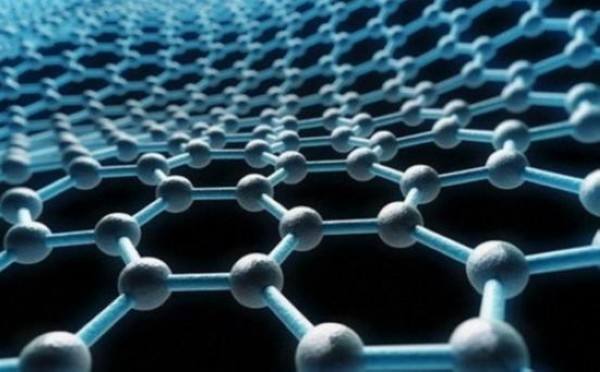Charge Lithium-ion Battery with Solar Panel
Sep 16, 2019 Pageview:1375
A lithium-ion battery is a rechargeable type of battery. Lithium-ion batteries are found in many applications and commonly used for electric vehicles and portable electronics. Their huge popularity in the market is all because of their no memory effect, high energy density, and low self-discharge.
At present, the trendy topic is going is “can batteries be charged by solar panels?” Isn’t, it right? As lithium-ion batteries are more preferable and that’s why many people are curious to know whether one can charge them by solar panels. If you also have the same concern, then you will be glad to know that you’re in the right place. Here, we’re going to tell you whether is it possible to charge a lithium-ion battery by solar panels. And if so, how to do that and much more you should know.
Can Lithium-ion Battery Be Charged By Solar Panels?
Well, a solar charging system isn’t complete without a charge controller or regulator. The charge controller takes the energy from renewable resources like solar panels and converts the voltage so it’s appropriate for battery charging.
One thing you need to note that supply voltage for a 12v battery back is nearly 16v. It enables charging lithium-ion to 12.60v (3X4.20v/cell) where 4.20v/cell is the complete-charge voltage thresholds. So, the simple answer to the question - Can Lithium-ion Battery Be Charged By Solar Panels is YES.
The good news is that charge controllers are available out there for a lithium-ion battery to charge 10.8v packs - three cells in series. Whenever attaining a charge controller, you must check the voltage requirements and needs. The standard Lithium-ion has a nominal voltage of around 3.6v/cell. Make sure to connect the right battery for which the charge controller is introduced and designed. In other words, it’s not recommended to connect a lead-acid battery to a charge controller made for lithium-ion technology and vice-versa. Otherwise, it could affect the longevity and safety of your battery as the voltage and charge algorithms configurations are different.
How Do You Charge a Lithium-ion Battery With A Solar Panel?
One of the most important components of solar charging is the solar panel. It is a device that absorbs sunlight to produce heating power or electricity. In other words, it collects the energy from the direct sunlight and converts into the electricity.
You need to first purchase a lithium-ion battery solar charge controller that helps you to regular the charging of your lithium-ion battery. Electricity produced from solar panels is always at different current levels and voltage that depends on the weather conditions. A charge controller is helpful to regular the charge flow from the solar panel to the Li-ion battery. Moreover, it also regulates the charge flow from the battery to the load connected. It protects the deep cycle battery from being overcharged. It makes sure that power doesn’t go back to solar panels at night that can drain your battery.
Again, the charge controller mainly designed for lithium-ion battery or technology should be used as a lithium-ion battery has a particular algorithm for charging.
In a solar photovoltaic system producing electricity with certain current and voltage from panel is first transmitted to the charge controller. It is quite vital to regulating the charge because it’s connected to the battery for charging it. As it is the case of Li-ion charge, and thus, the charge controller needs to set to charge lithium-ion in phases.
That’s a little bit idea of how to charge a lithium-ion battery with a solar panel. As you can see that the charge controller plays an important role. That’s when don’t purchase it from any random manufacturer. Instead, prefer one that has a solid reputation in the battery world. Otherwise, it could damage your battery in terms of safety as well as longevity, as we mentioned before too.
Advantages And Limitations Of Charging Lithium-ion Battery With Solar Panel
One thing is clear that you can charge your lithium-ion battery with a solar panel using a charge controller. But, it’s always good to know both the advantages and disadvantages of charging your Li-ion battery with a solar panel. This will help you get an idea of whether its advantages overweight its limitations so that you can go for it with a free mind. So, let’s get started.
Advantages -
· Quite and clean - Solar panel consumes no fuel and that’s why there will be no waste. Also, there is no involvement of moving parts and it means that there will be no mechanical noise.
· Boost the Battery Life -As solar panels produce pure D.C. electricity when they are exposed to sun rays and it is what exactly your battery wants. With solar charging, you can easily prevent your battery from repetitive deep discharges that shorten the battery lifespan.
· Reliable and safe -Chances of getting electrical fires reduced if the entire setup is installed with proper fuses and wire sizes and then, it is safe.
Limitations-
· Cost- One of the major limitations of solar power is the installation cost. As compared to the normal battery charger, solar charger for lithium-ion battery or any another battery is expensive.
· Different Kinds - You can’t use a charge controller designed for the lithium-ion battery for other battery technology like lead-acid batteries. This ends up buying several charge controllers for every battery you use.
· Time - Charging lithium-ion battery using solar panels takes a quite long time as compared to usual charging methods. In order to charge dead Li-ion battery with solar charge can take 5 to 8 hours for sure.
That’s all on charging the lithium-ion battery with a solar panel. We hope that you now get an idea of this concept so to tell others if anyone asks.
- Prev Article: Lithium Polymer Battery Technology-Chemistry, Functions
- Next Article: Swollen lipo battery-dangerous moment
Leave Message
Hottest Categories
-
Hottest Industry News
-
Latest Industry News











